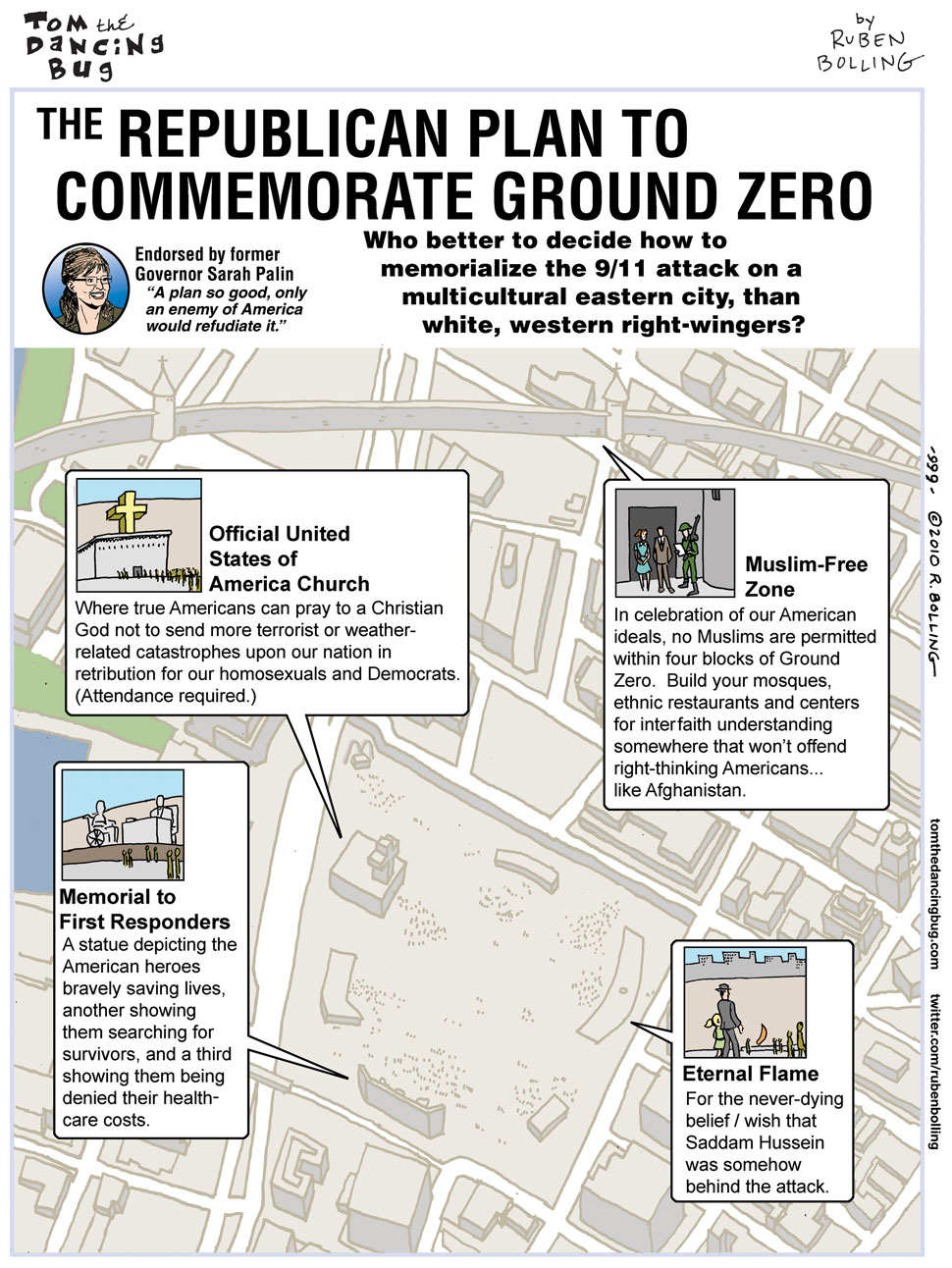While I have mentioned it tangentially, I haven’t devoted an entire post to what is probably the biggest racial civil rights struggle since the 1960s: Arizona’s new immigration law. In brief, the law requires police officers to detain anyone they suspect of being an illegal immigrant. If a suspected person cannot prove they aren’t an illegal immigrant, they can be arrested and put in jail. When I say that the law requires police to do this, I mean just that – a component of the bill is that if an officer fails to interrogate someone, and a citizen notices it, the officer can be found in dereliction of his/her duty. Basically, the reins of law are turned over to the most paranoid and least informed members of the populace of Arizona.
The reflexive question that everyone immediately asks is “how do you tell if someone looks like an illegal immigrant?” Good question: let’s ask the governor who signed the bill
Huh… even she doesn’t know. Not to worry though, she says. People will have their civil rights protected, as it says in the bill:
“This act shall be implemented in a manner consistent with federal laws regulating immigration, protecting the civil rights of all persons and respecting the privileges and immunities of United States citizens.”
Handy! What about this right?
“The right of the people to be secure in their persons, houses, papers, and effects, against unreasonable searches and seizures, shall not be violated, and no Warrants shall issue, but upon probable cause, supported by Oath or affirmation, and particularly describing the place to be searched, and the persons or things to be seized.”
If the law respects the right to be innocent until proven guilty, and the constitution outlaws unreasonable seizure, then the immigration bill is pretty clearly meaningless. After all, if you cannot prove that someone is illegal (which is the standard of innocent until proven guilty), you cannot compel them to prove they are illegal (that pesky 5th Amendment) and you’re not allowed to arrest them arbitrarily, then the bill is moot.
Well, the federal government didn’t argue that case, but still managed to block the bill’s enforcement, arguing instead that immigration policy is the purview of the federal government and that the law went outside the state’s jurisdiction. Of course, Arizona plans to appeal:
Lawyers for Republican governor Jan Brewer and the Arizona government filed their appeal at the 9th Circuit Court of Appeals in San Francisco on Thursday. “I have also asked the 9th Court to expedite the briefing schedule and its ruling, since Congress and the president have once again failed to act,” Ms Brewer said in a statement.
I want to take a moment to talk about the people of Arizona. While I think they’ve made a frighteningly poor decision and are wearing their entrenched racism out on their sleeves, I am loath to condemn them outright. Arizona has major economic problems (which this bill will only make worse, but we’re not dealing with rational people here), and as I’ve said before, racism will bubble up from beneath the surface whenever there is economic hardship. Illegal immigrants are a convenient scapegoat in times of crisis, especially if they are brown-skinned. While people affirm up and down that this isn’t a race issue, it strains credulity to think that the cops are going to be on the hunt for illegal French and German immigrants.
Especially with this guy in charge…
Like this article? Follow me on Twitter!


